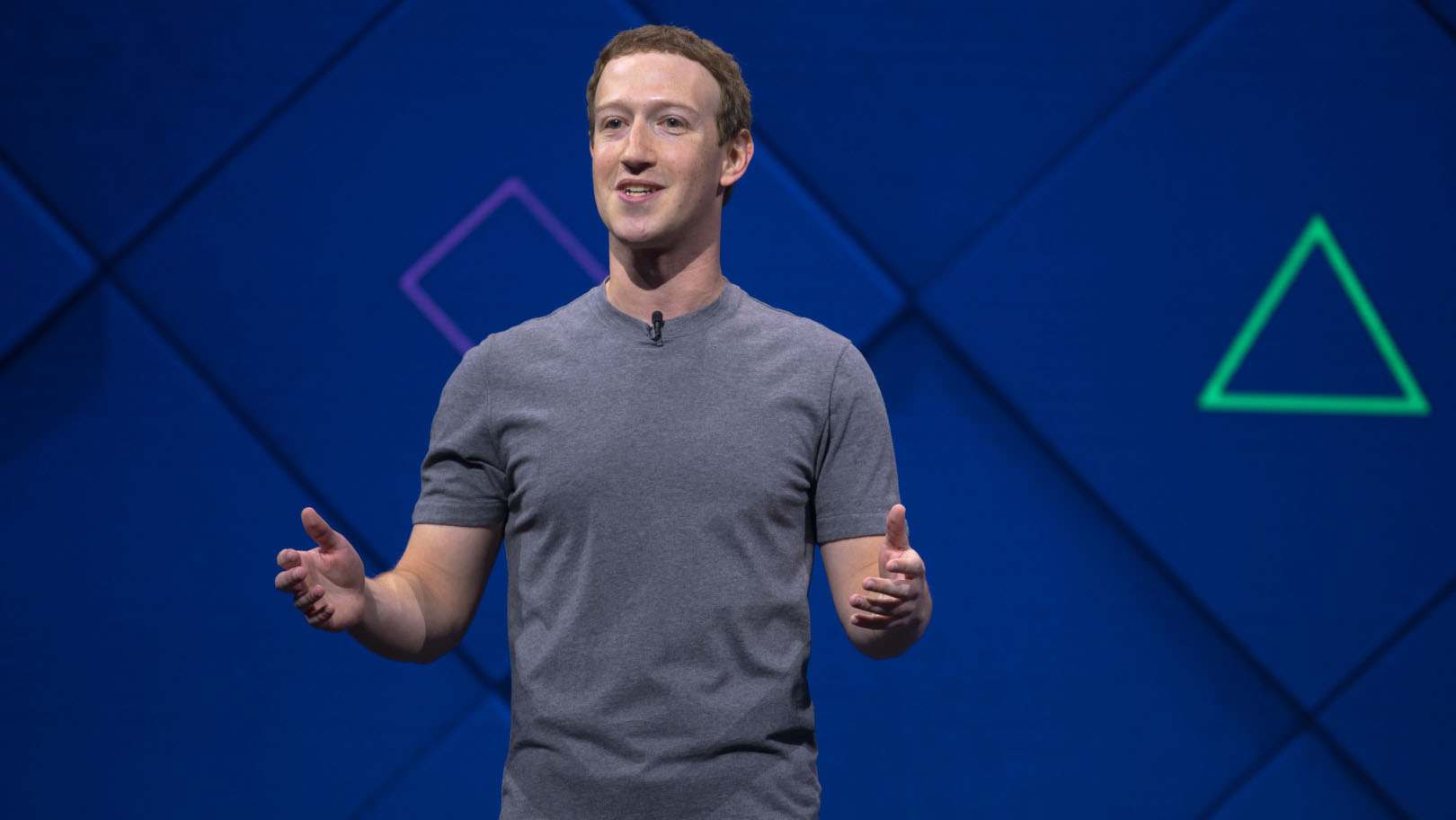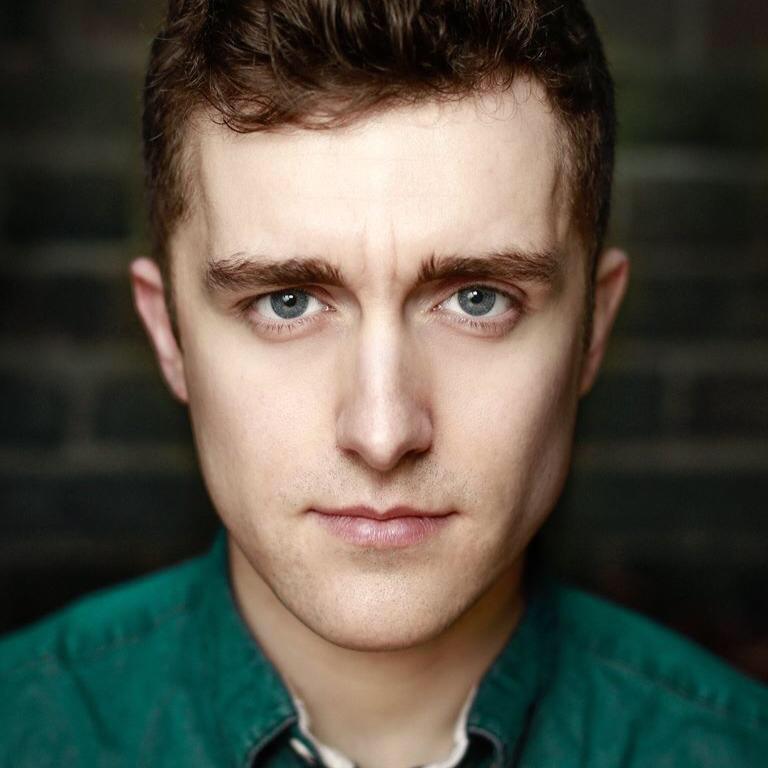Facebook is now officially trying to 'bring the world closer together'
It’s not enough to just connect people anymore

Facebook has updated its mission statement to reflect Mark Zuckerberg’s wish for the social media platform to be a revolutionary force for good. At Facebook’s first ever Community Summit, Facebook founder and CEO Mark Zuckerberg gave a speech where he outlined his wish for Facebook to be a driver in unifying communities and tackling big issues.
To reflect how serious he is about this desire, he is changing Facebook’s mission statement. Facebook’s mission statement used to be: “to give people the power to share and make the world more open and connected,” but is now: “give people the power to build community and bring the world closer together”.
It may seem fairly grand, but as Zuckerberg said: “I used to think that if we just gave people a voice and helped them connect, that would make the world better by itself. In many ways it has. But our society is still divided. Now I believe we have a responsibility to do even more. It's not enough to simply connect the world, we must also work to bring the world closer together.”
It does raise the question about the role that social media can have in the shaping of our society. Without doubt, the adoption of social media worldwide has allowed for people to connect with people that they otherwise wouldn’t have been able to, but for the most part, the majority of people that you interact with on social media are people that you already know or celebrities.
The church of Facebook?
What Zuckerberg is talking about is truly creating a global community where people are united by things that they are passionate about, rather than because of their geography. He refers to these groups as “Meaningful Communities”. The type of group that you would be part of on Facebook that has a deep impact on your life.
His speech was peppered with examples, from groups for people suffering from diseases, to black fathers, to a secret group for women in Nigeria to be able to talk about a range of issues that they wouldn’t have been able to talk about in real life.
This feels like a far cry from the kinds of groups that most of us are involved in on Facebook, but this is something that Zuckerberg is acutely aware of: “We found more than 100 million people are members of what they call 'meaningful communities...' So I started asking the question: if 2 billion people use Facebook, then how come we've only helped 100 million of them join meaningful communities?”
Sign up for breaking news, reviews, opinion, top tech deals, and more.
This could be in part because not all of us have the need for a community like the ones that Zuckerberg references, or it could be that we aren’t searching out these groups, or having them suggested to us. If his speech is anything to go by, it seems it could well be the latter:
“We started a project to see if we could get better at suggesting groups that will be meaningful to you. We started building artificial intelligence to do this. And it works! In the first six months, we helped 50% more people join meaningful communities.”
It will be interesting to see if this change in direction makes for a shift in the way people use the popular social media platform. As with anything, the changes will probably seem small at first, but Zuckerberg has his sights set on big targets: “In the next generation, our greatest opportunities and challenges we can only take on together - ending poverty, curing disease, stopping climate change, spreading freedom and tolerance, stopping terrorism.”
His goals may sound lofty, and it’s always worth viewing the goals of a corporation with a touch of scepticism, but if he achieves even half of what he is setting out to achieve here, we welcome the changes. If you want to read his whole speech, you can link to it below:

Andrew London is a writer at Velocity Partners. Prior to Velocity Partners, he was a staff writer at Future plc.